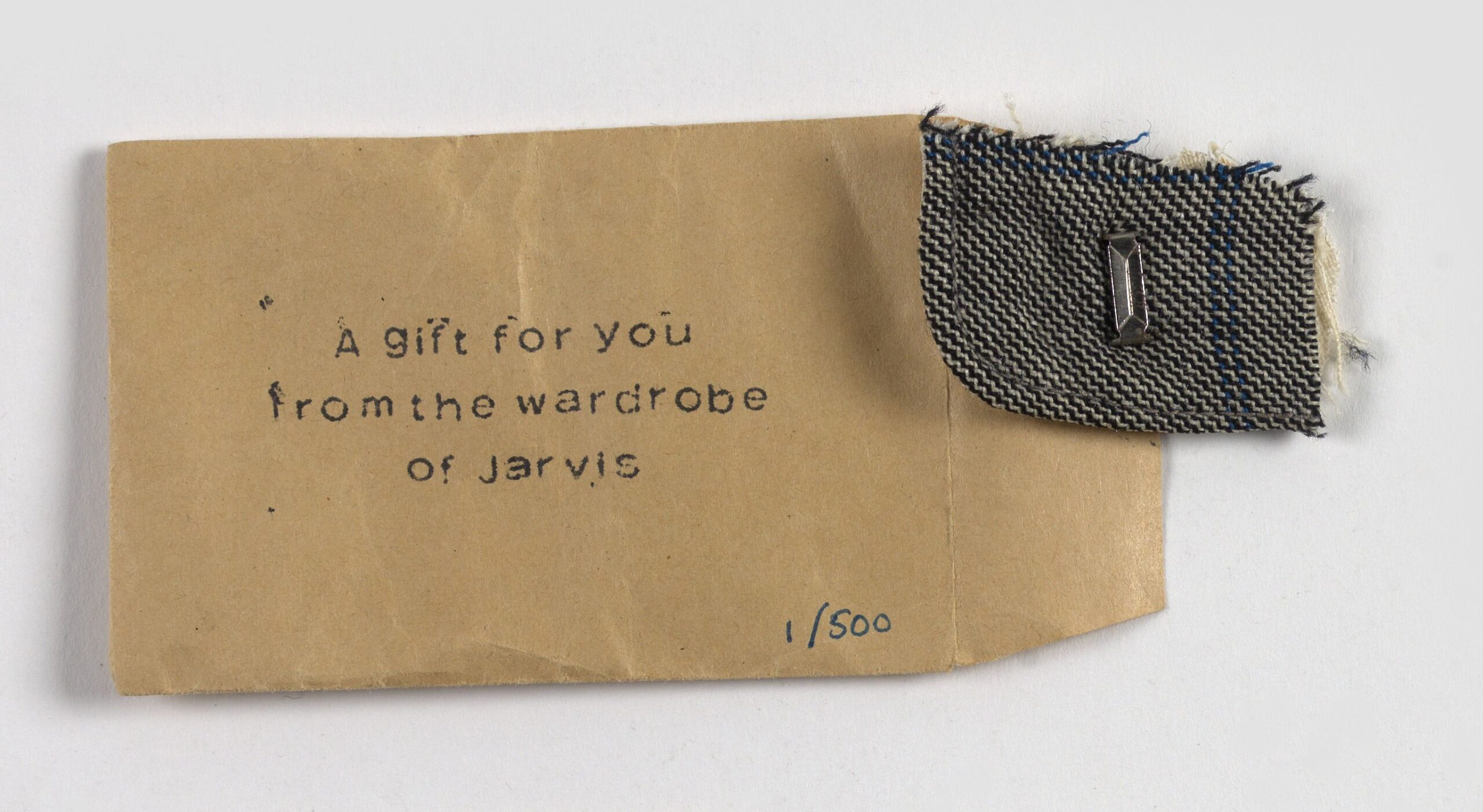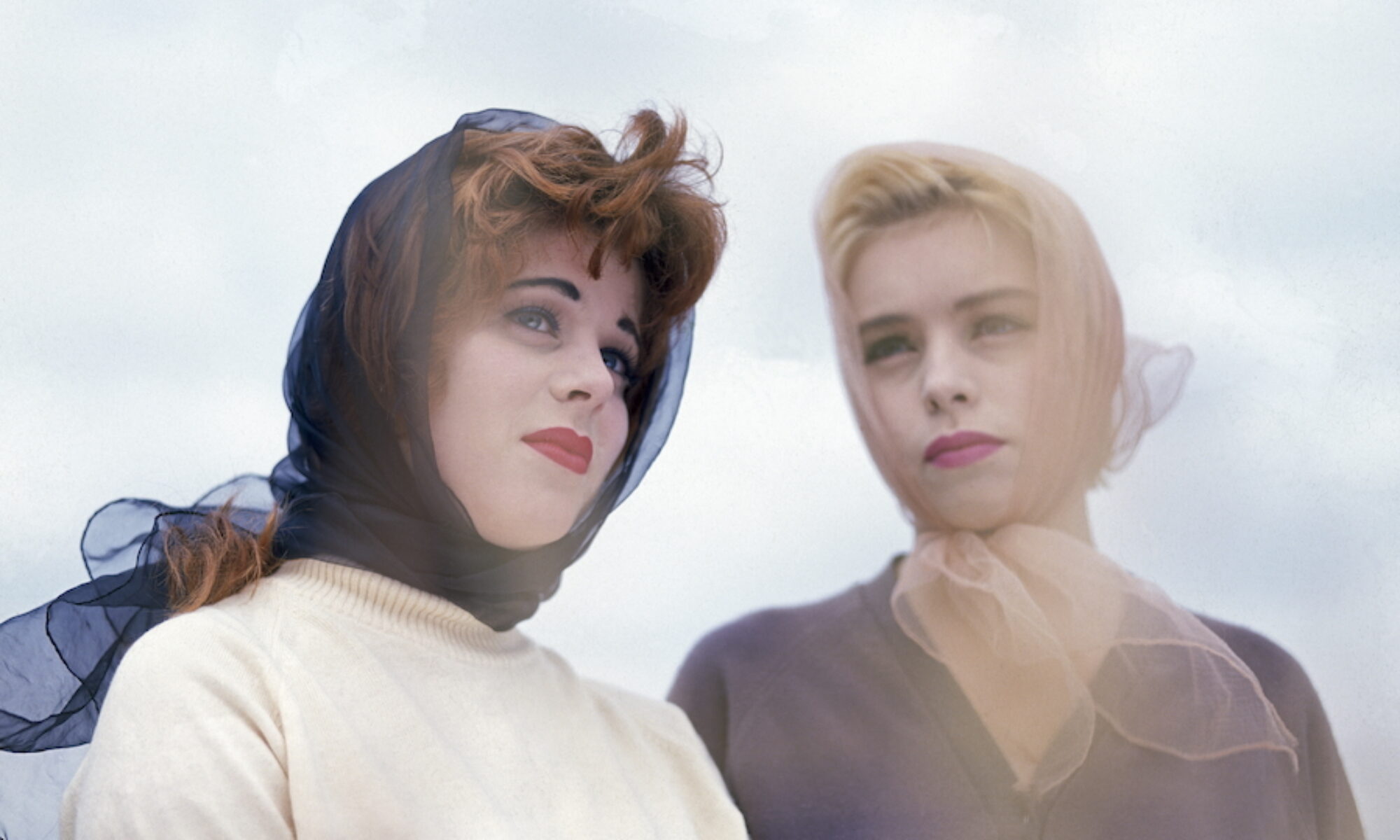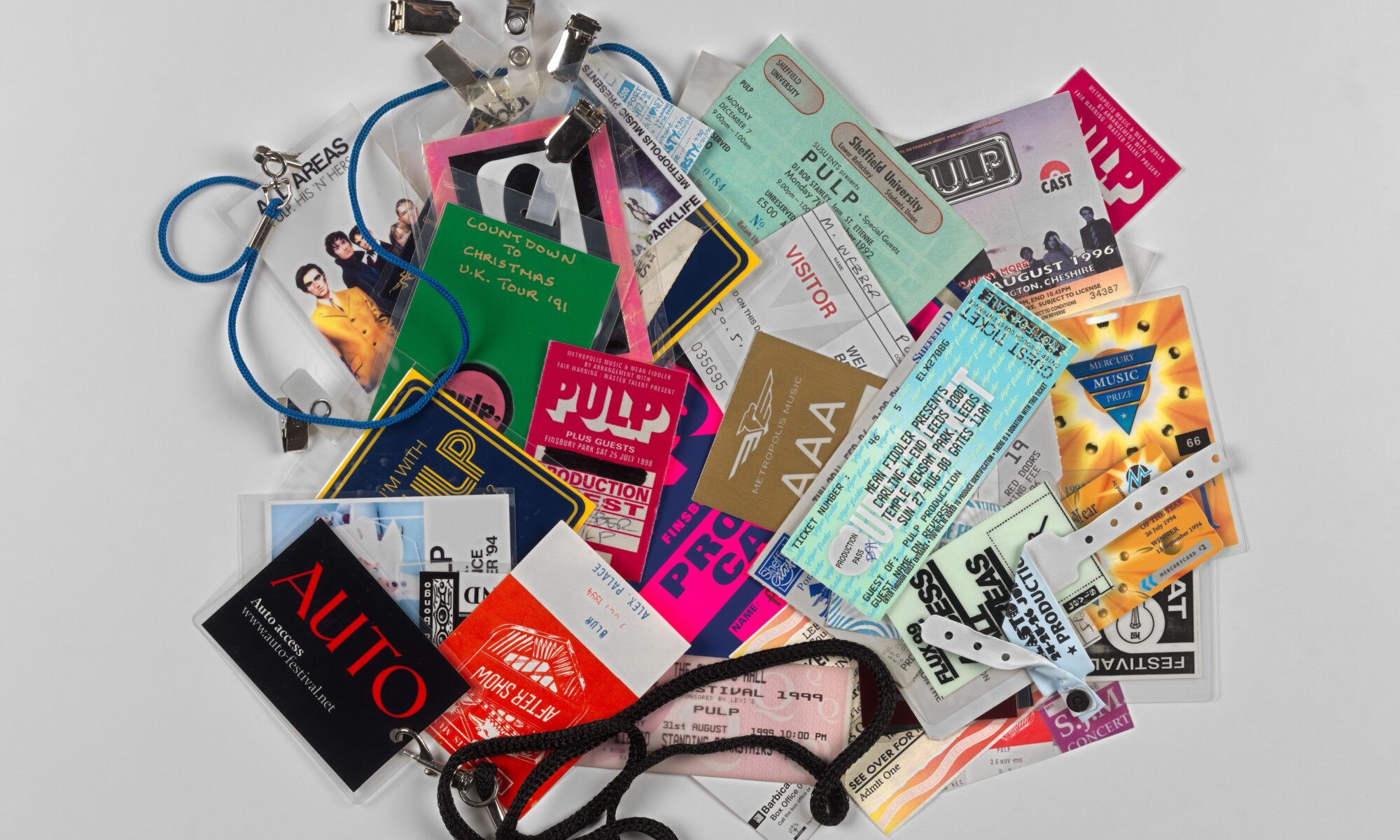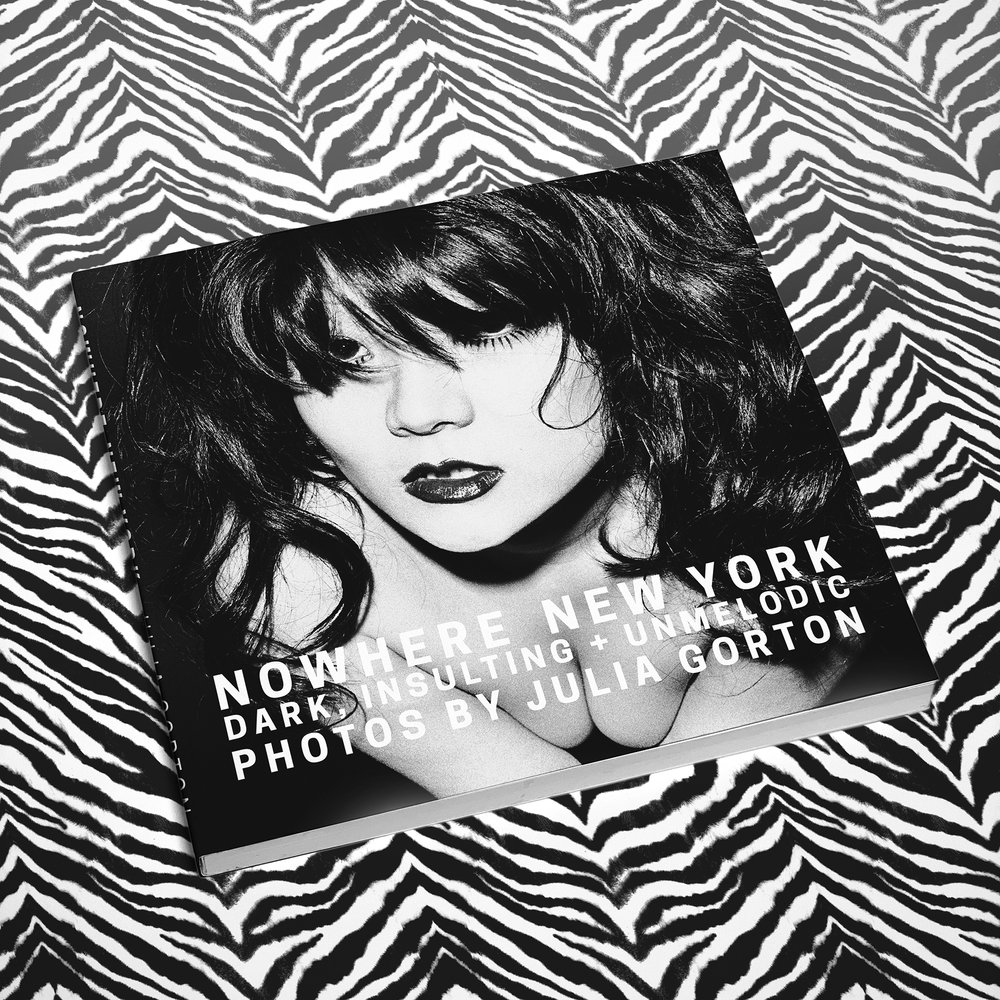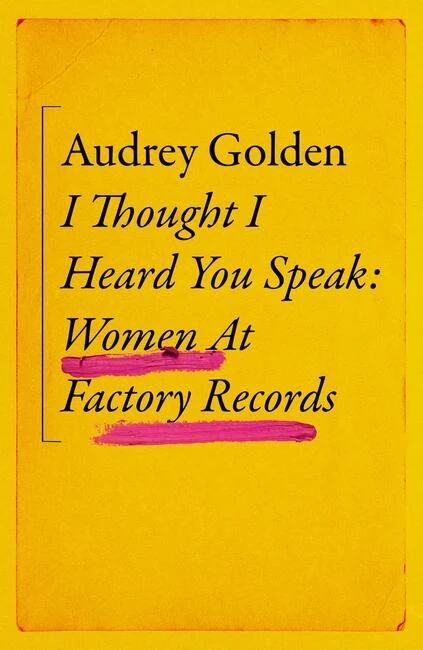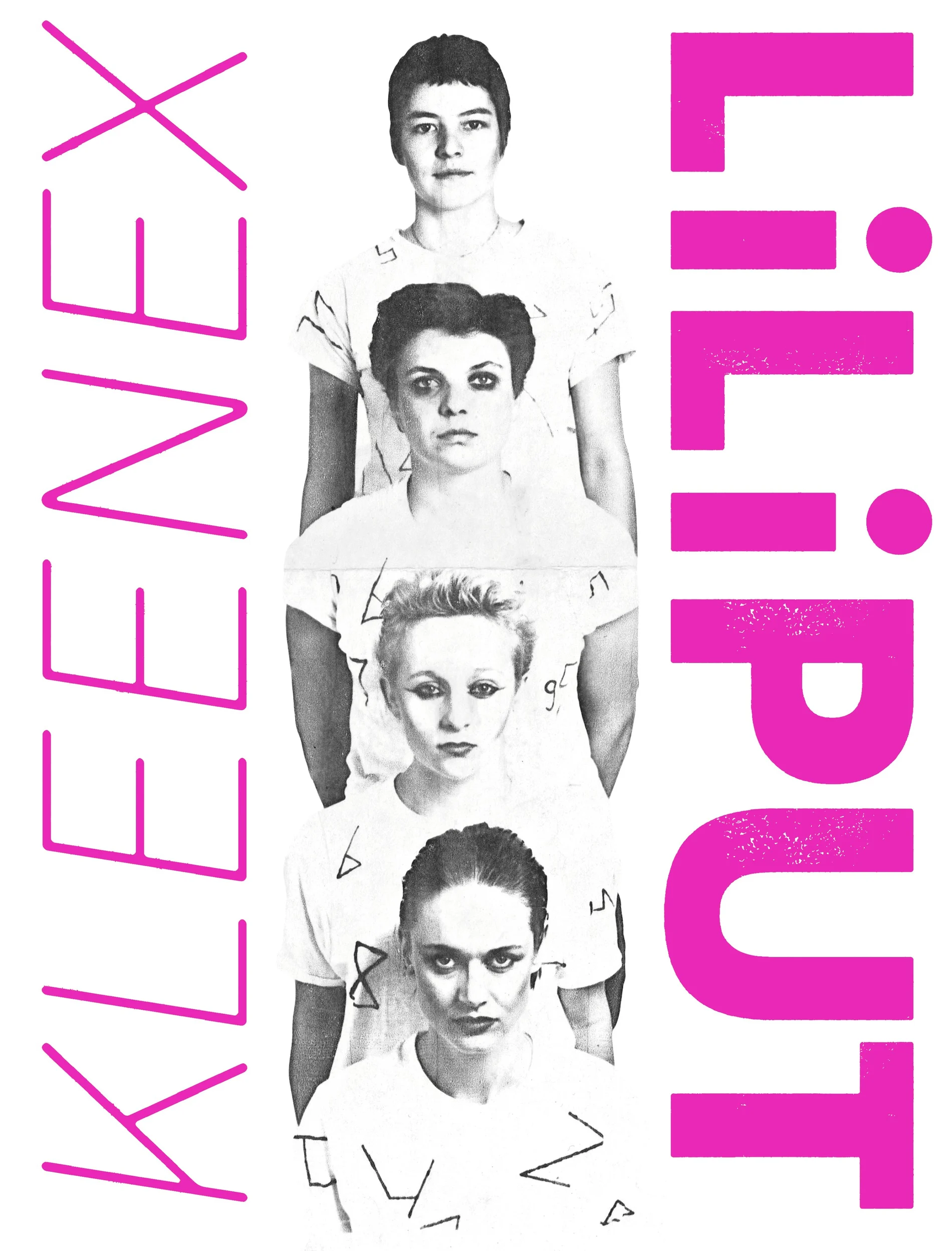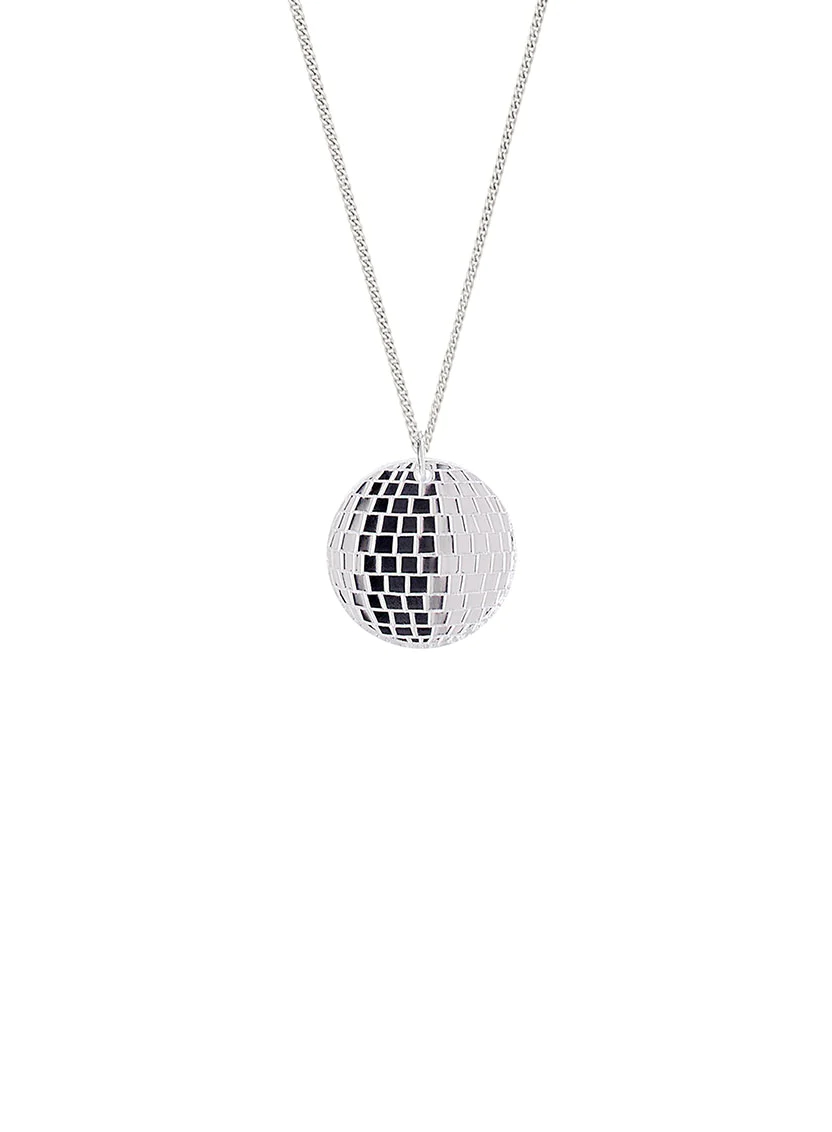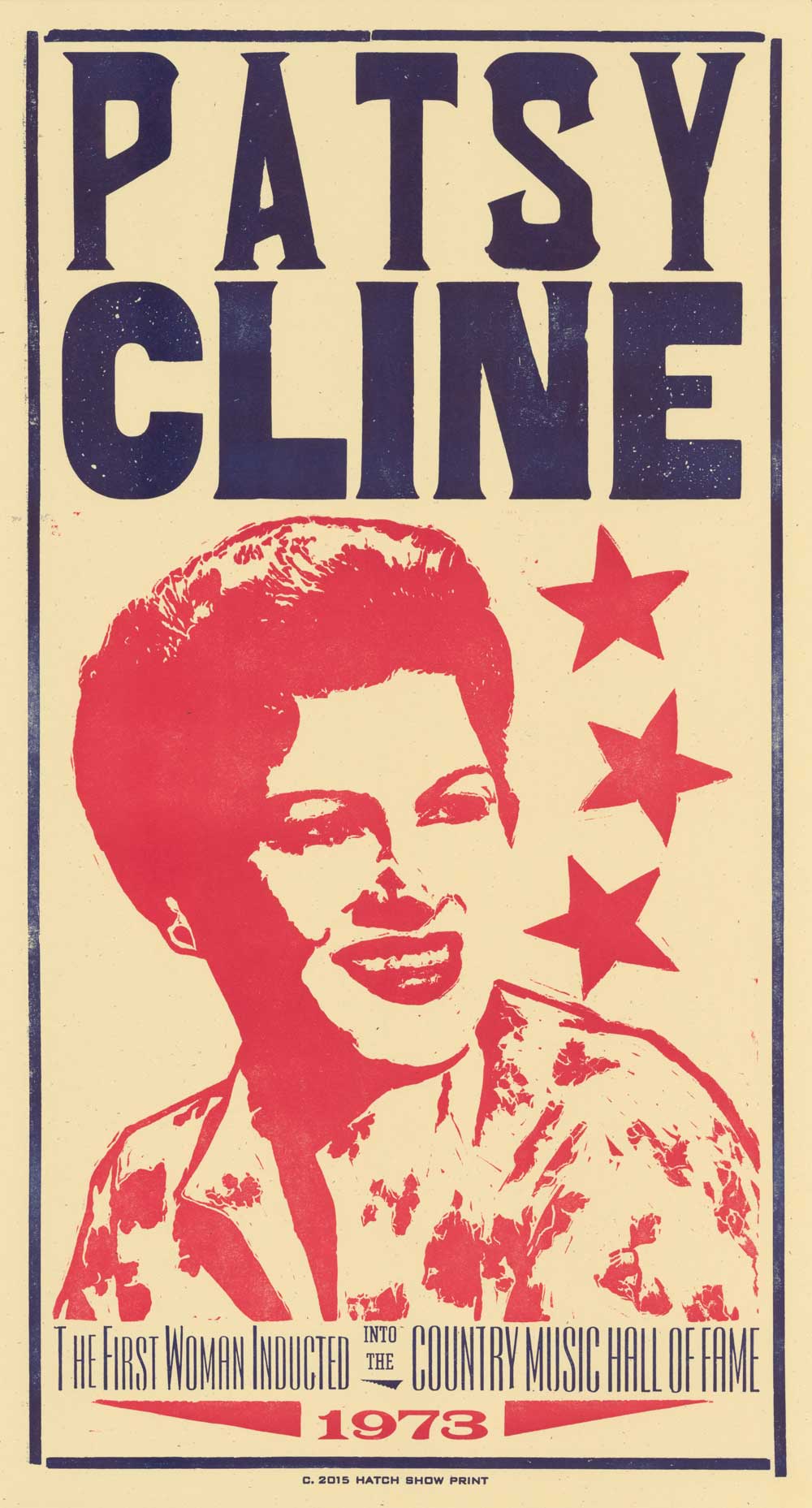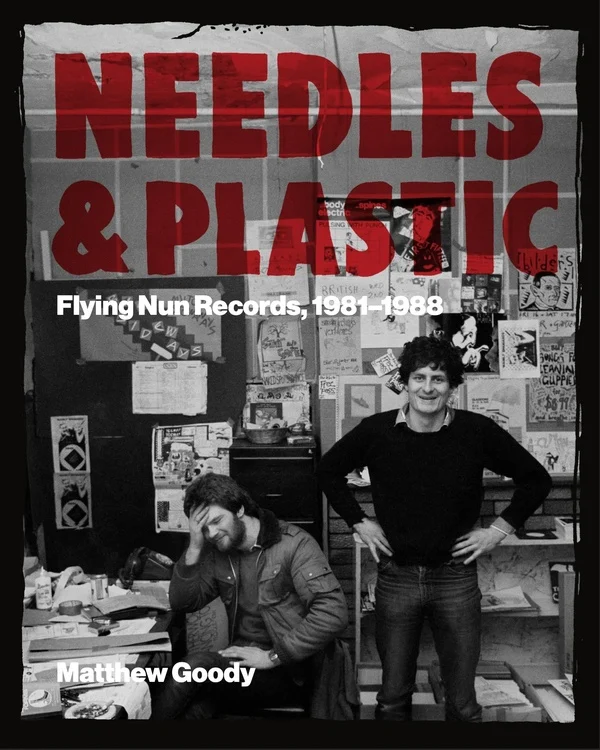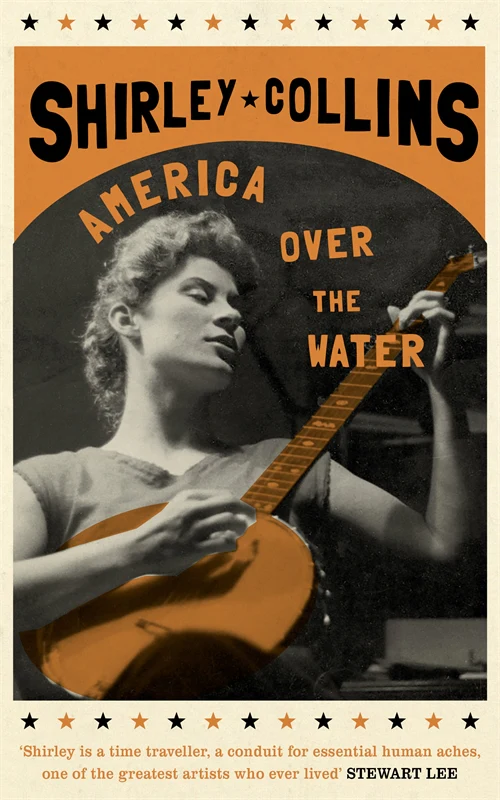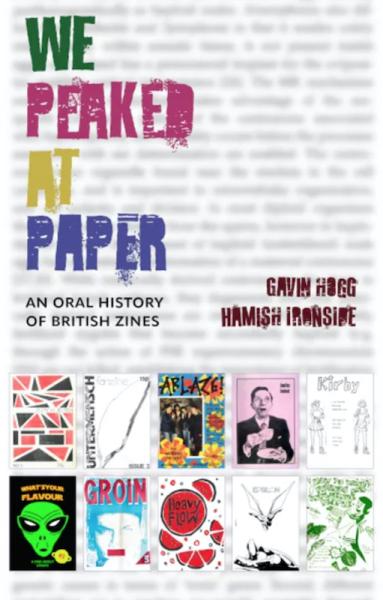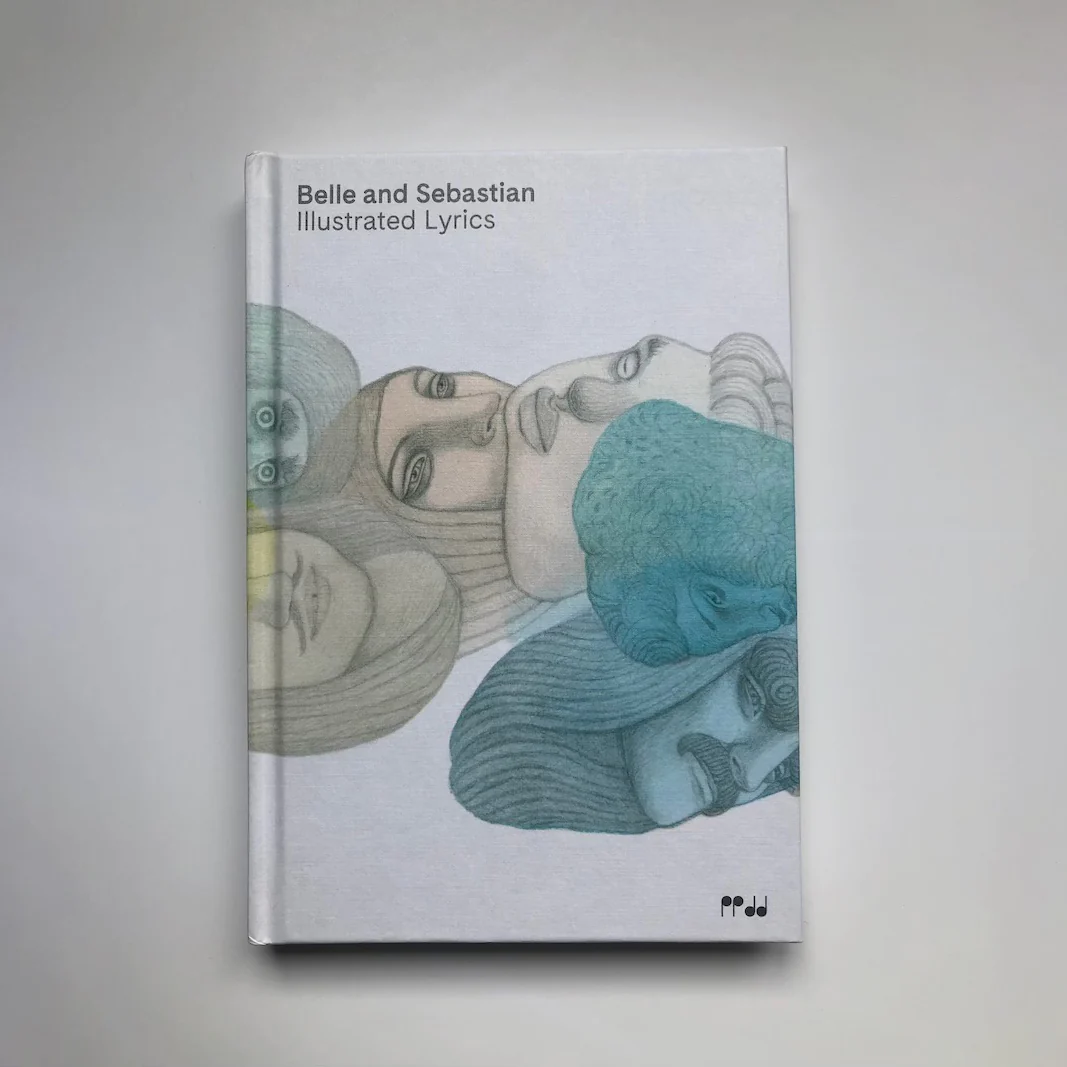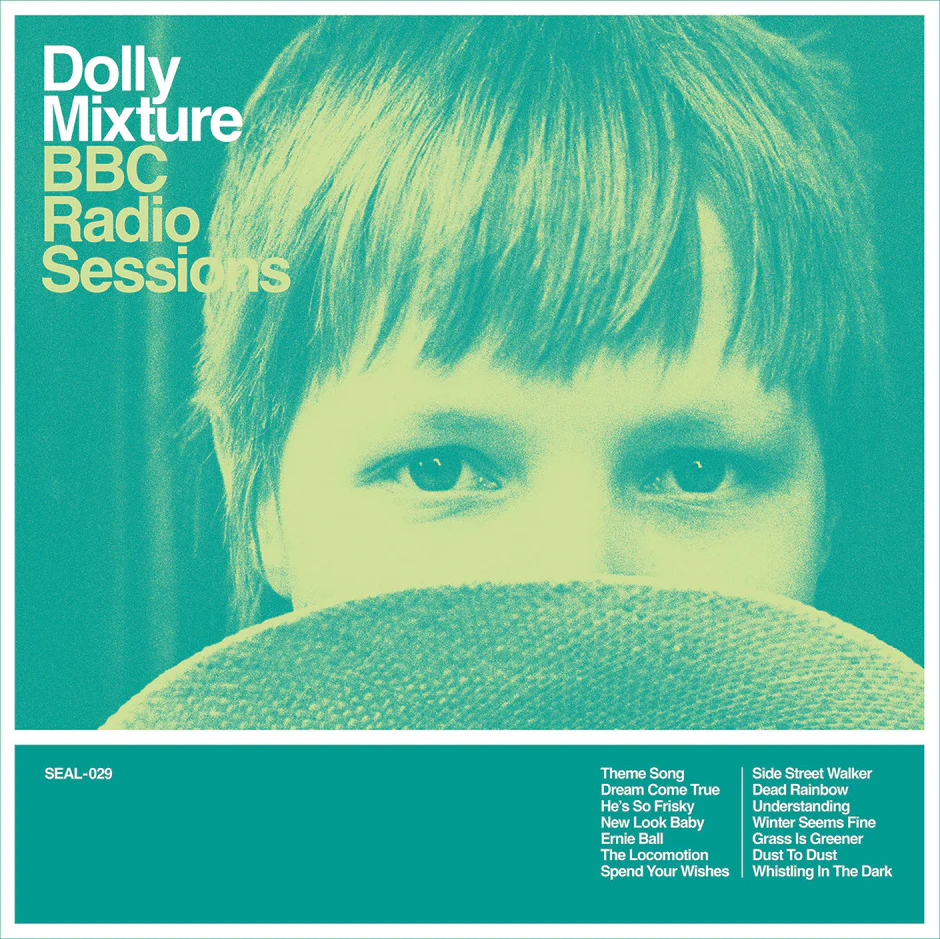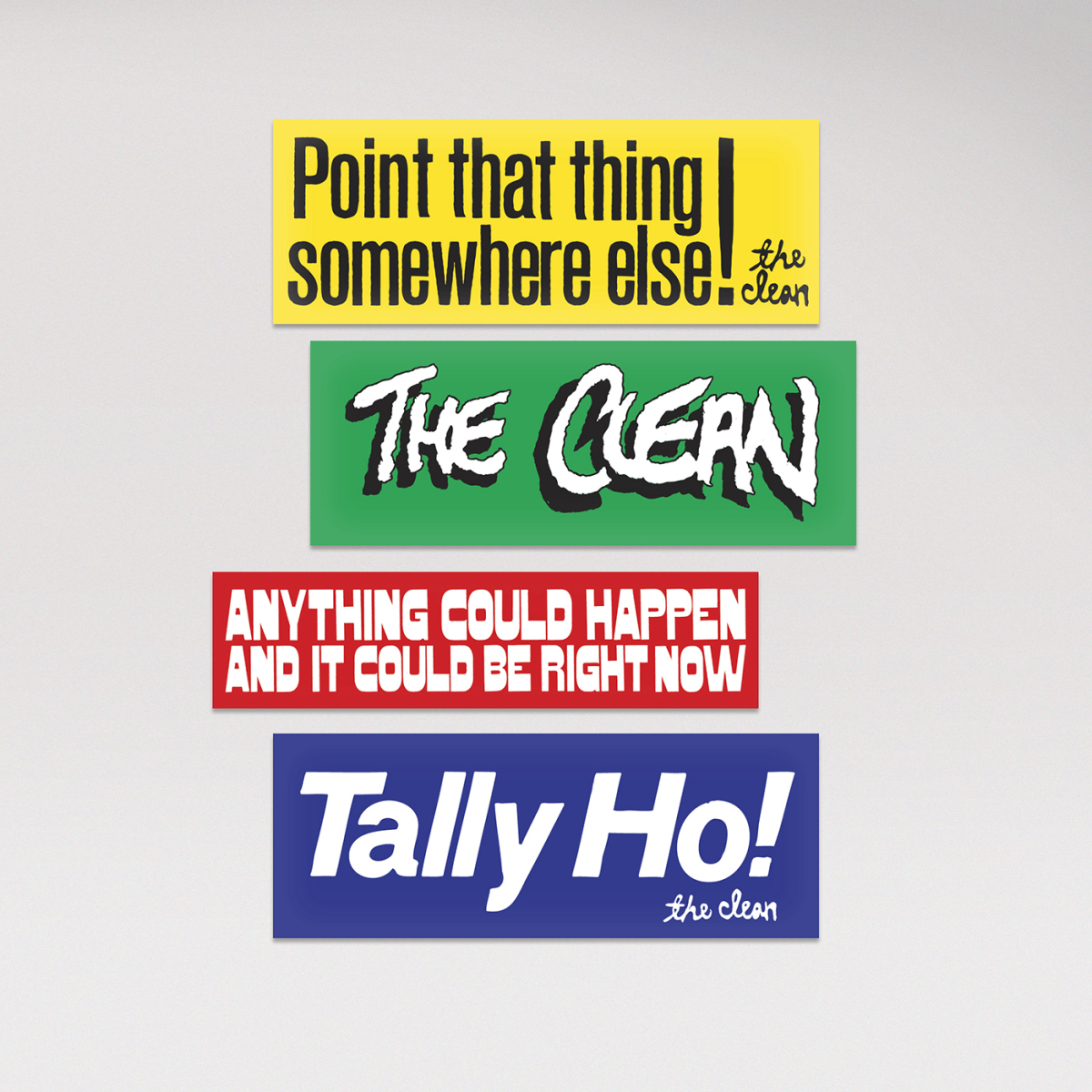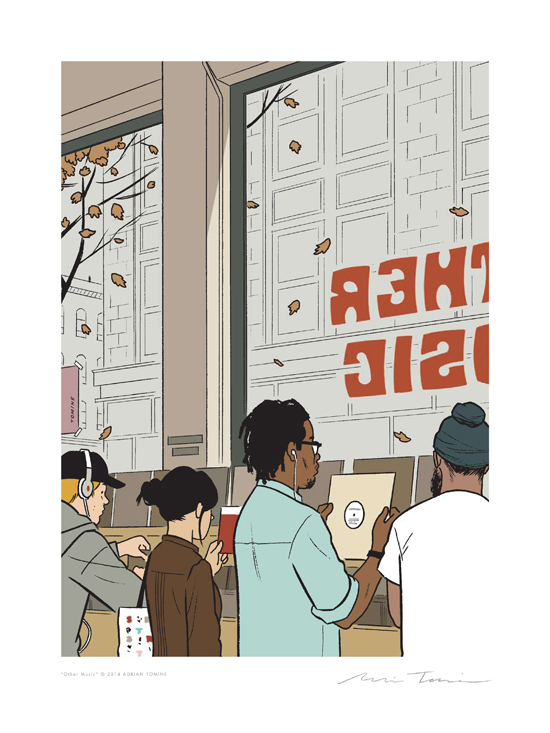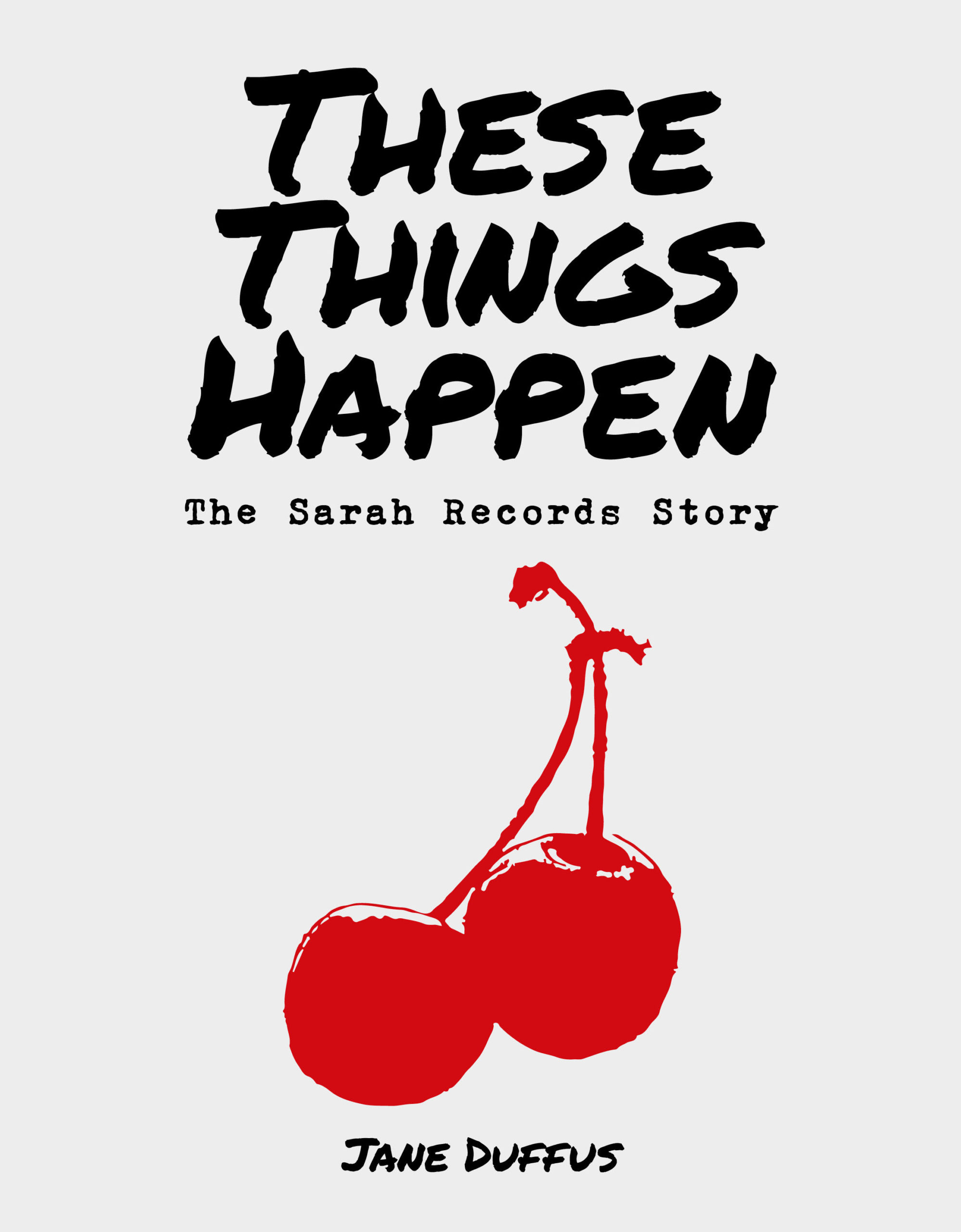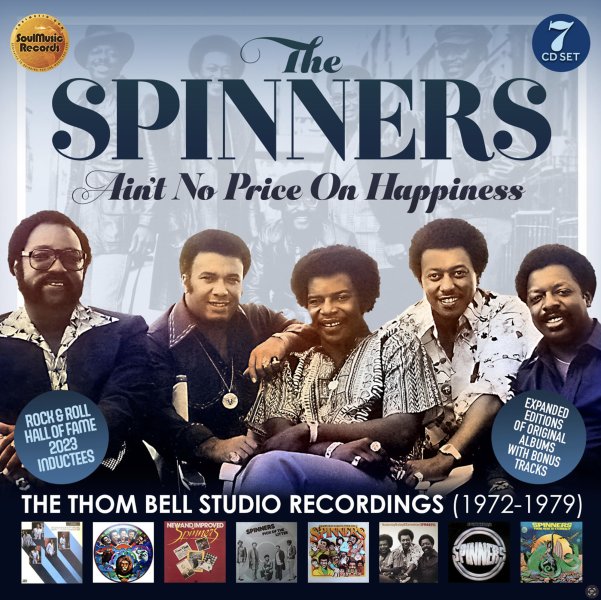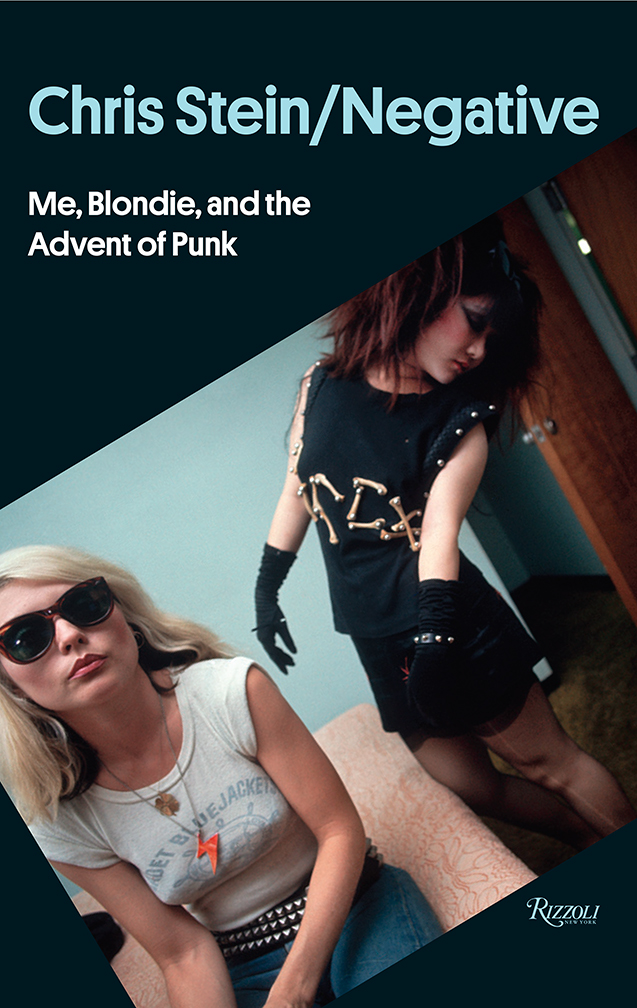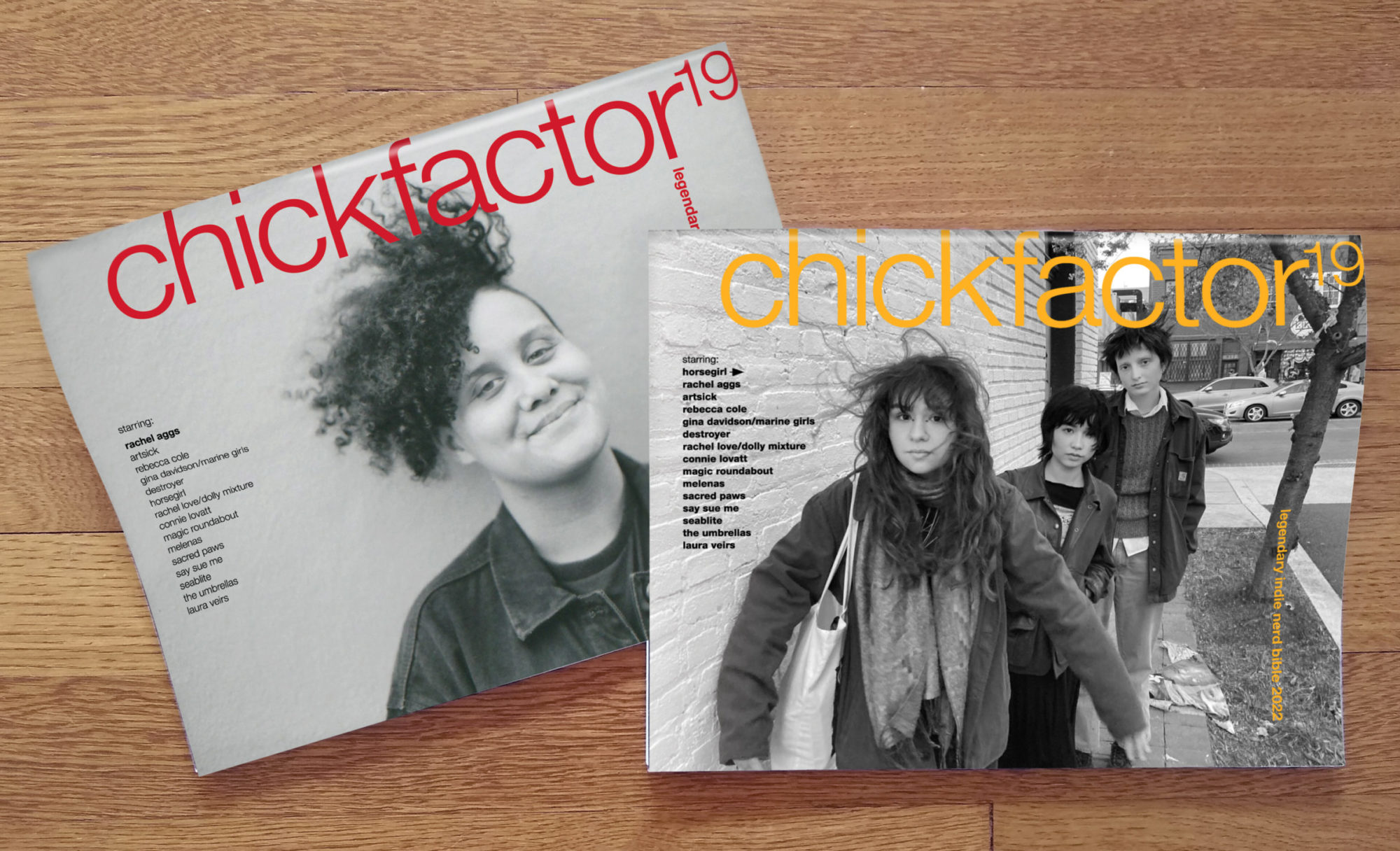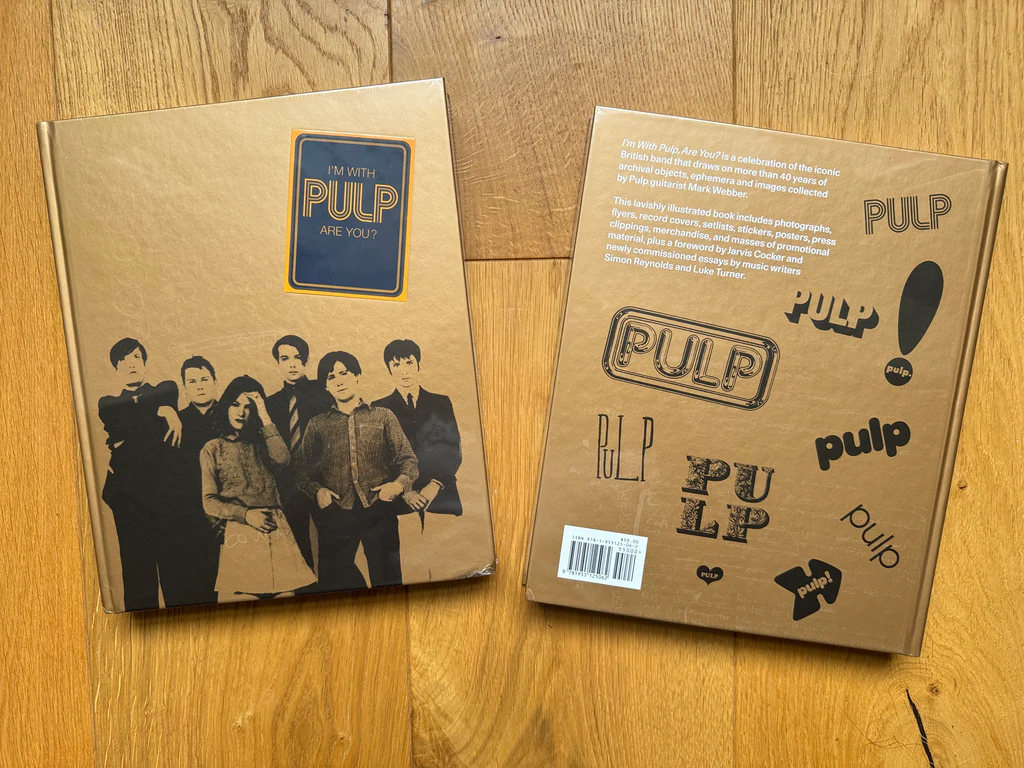
Exclusive excerpt!
I’m With Pulp, Are You?
We are thrilled to present an excerpt from the new visual history of Pulp edited by Mark Webber, who started out as a teenage fan of the band before becoming their fan club president and tour manager and then joining the band in 1995 (fan dream come true!) In addition to music, Webber is a curator of artists’ film and video and has edited and published several books on cinema. The book gathers material from Mark’s extensive collection of ephemera and objects accumulated over the past 40 years. His memories, images, photographs, flyers, record covers, set lists, stickers, posters, press clippings, merchandise, and promo items help tell the story of the band. I’m With Pulp, Are You? also features a foreword by Jarvis Cocker, and newly commissioned essays by music writer Simon Reynolds and The Quietus co-founder Luke Turner.
Hardcover, 288 pages, Hat and Beard Press
Text/edited by Mark Webber
Foreword by Jarvis Cocker
Additional texts by Simon Reynolds and Luke Turner
Designed by Mark El-Khatib
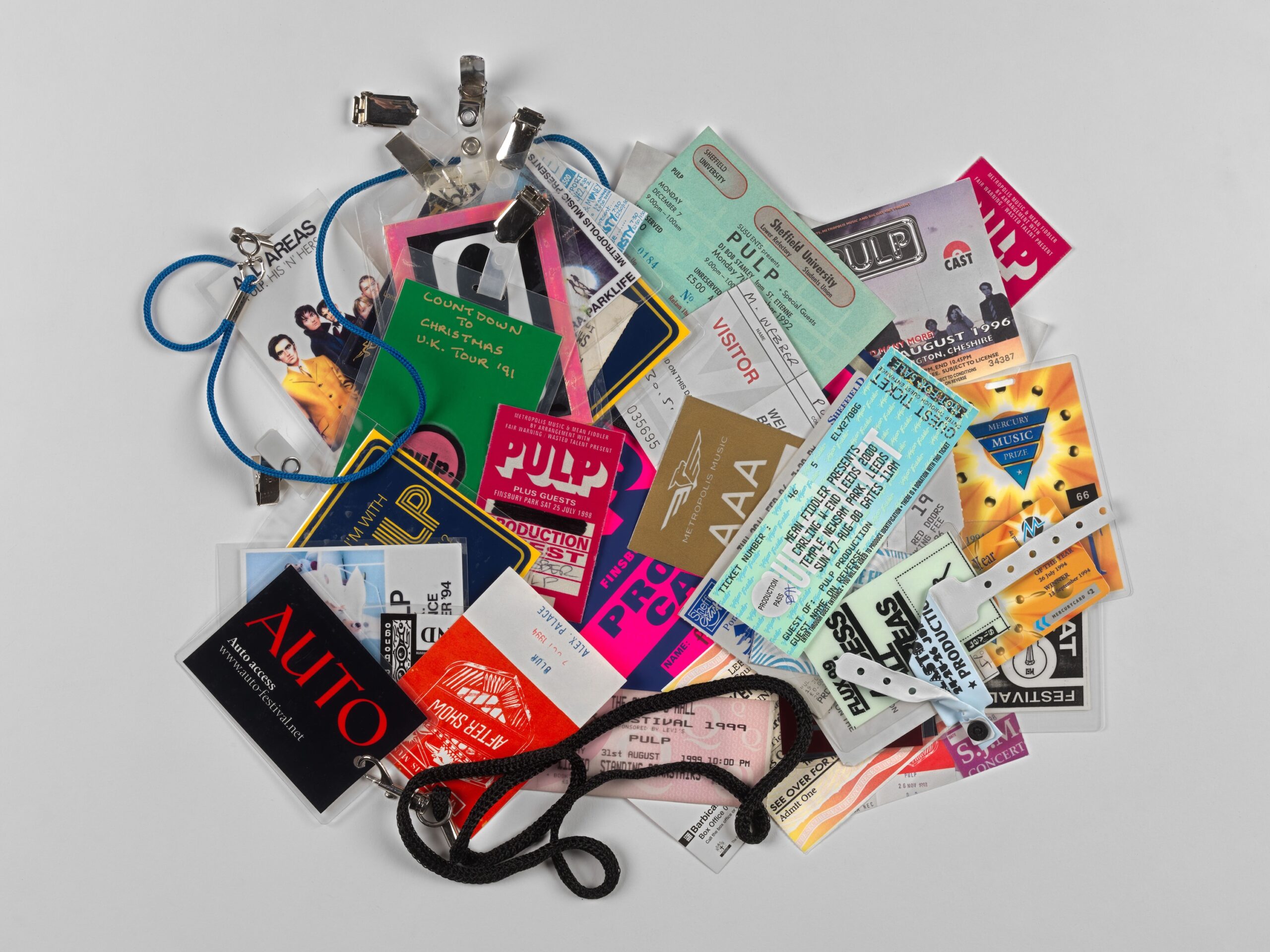
Here is the excerpt, reprinted with permission from the author and publisher:
The World Was Going On Outside: Sex, Pulp & Teenage Fandom
Luke Turner
“Intake, Manor Park, The Wicker, Norton …” I’m transported back to an evening after school in the mid- 1990s, Jarvis Cocker’s deep, breathy vocals in my ear; “Wombwell, Catcliffe, Brincliffe, Attercliffe, Ecclesall …” This was the sort of stuff you found on ads for premium telephone numbers in the back of magazines, then hovered over the family telephone desperate to dial but terrified of it showing up on the bill. “… Pitsmoor, Badger, Wincobank, Crookes.” At that point, Sheffield Sex City was like nothing else I’d ever heard, miles from the increasingly bland Br*tpop on the radio: eight-and-a-half-minutes long, a pulsing bassline, Candida’s spiralling keyboards and deadpan monologue contrasting with Jarvis’ more unhinged voice describing a city consumed by sex (literally, when, at the moment of climax, the Brutalist Park Hill estate is floored by a synchronised orgasm), its inhabitants led this way and that by desperation, trying to grope their way towards one another in the pre-smartphone booty call era. It was Dylan Thomas’ Under Milk Wood via South Yorkshire and a discarded copy of Readers Wives found in a bush by the roadside.
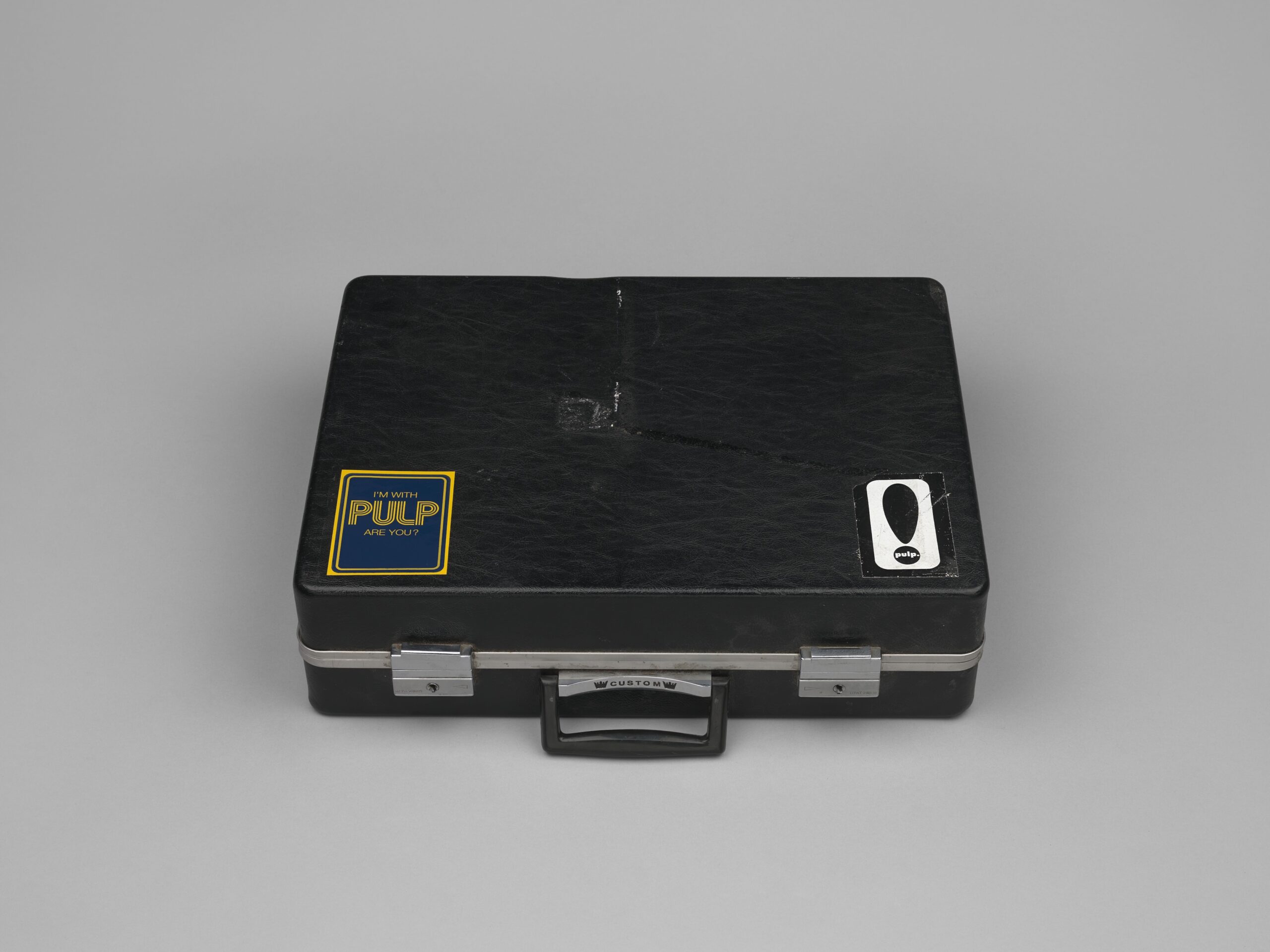
The local branch of Our Price Records had been the conduit to this uncanny erotica of the built environment as, in the spring of 1995, I made my way backwards through Pulp’s discography from the release of Common People. Intro, a 1993 compilation of singles released on the Gift label, was a transitional record for the band, but a revolutionary one for me. It made the band seem impossibly exotic; unravelling (like a pair of nylons) what it was to be British, to expose an urgent, seamy energy underneath. “I’d rather get my kicks down below …” – I wiggled in front of the mirror to Space, twink-minced through the park with O.U., thought of my crushes to Babies, and so on. But most of all it was Sheffield Sex City that had me reaching for the family AA Road Atlas to look up these exotic place names as if I were hunting in the dictionary for dirty words. The music papers that I stood reading in WH Smiths every Wednesday might have been going on and on about Camden, but for a while Pulp made Sheffield sound like a place where Babylon pulsed behind net curtains. I dreamed of moving there and used the excuse of a university open day to bunk off school and head north for a spot of sex tourism.
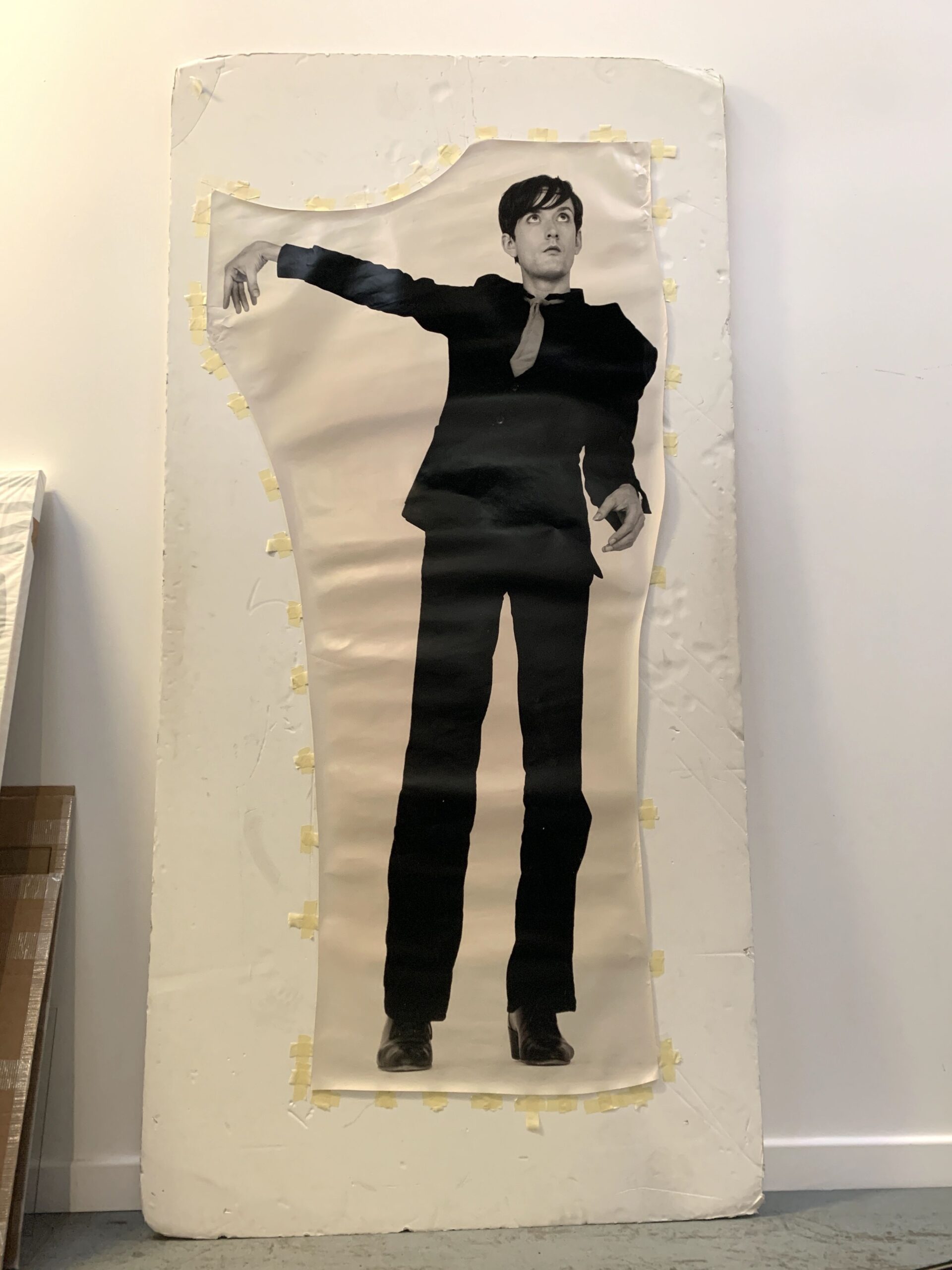
I can even remember the Pulp uniform that I put on that morning: fading moleskin trousers, Dr Martens boots, a battered brown velvet jacket over a grey charity shop shirt ribbed with a synthetic material that was as itchy as wire wool, but I didn’t care because the collars were just the right side of ludicrous. At Sheffield station I disembarked in a fug of British Rail diesel fumes, bought a pack of 10 Bennies from the newsagent, and wandered out into the streets, Intro playing in my Walkman’s headphones, eyes up, getting the horn from the place names on municipal street signs amid the traffic and grime of the pre-gentrification city centre: “Woodhouse, Wybourn, Pitsmoor, Badger …”
It’s funny how quickly things change when you’re a teenager. Maybe Pulp were there for the late developers like me who got into music aged 14 or 15. For us, pop was never a sugary childhood infatuation, but oozed into our ears, tickled the pituitary gland, forever and only about hormones and sex. When Pulp released Razzmatazz and Lipgloss, I was still collecting tokens from cornflakes packets to post off in exchange for the model Spitfire and Hurricane fighter planes that would populate my cardboard cut-out RAF base. Two years later, I was wanting to cop off with the promotional cardboard cut-out of Jarvis in the local record shop. Or perhaps that’s not strictly true. I was more of a Steve man myself, with his louche floppy hair, or Russell, with his indescribable weirdness. (I’d have gone round to look at his sunglasses collection, alright!) Jarvis was different. I didn’t want to kiss him, didn’t even want to try and be him, but he offered a design for being, a space into which me and those others who I was sure were out there in Pulp-land could learn to fit our awkward limbs.
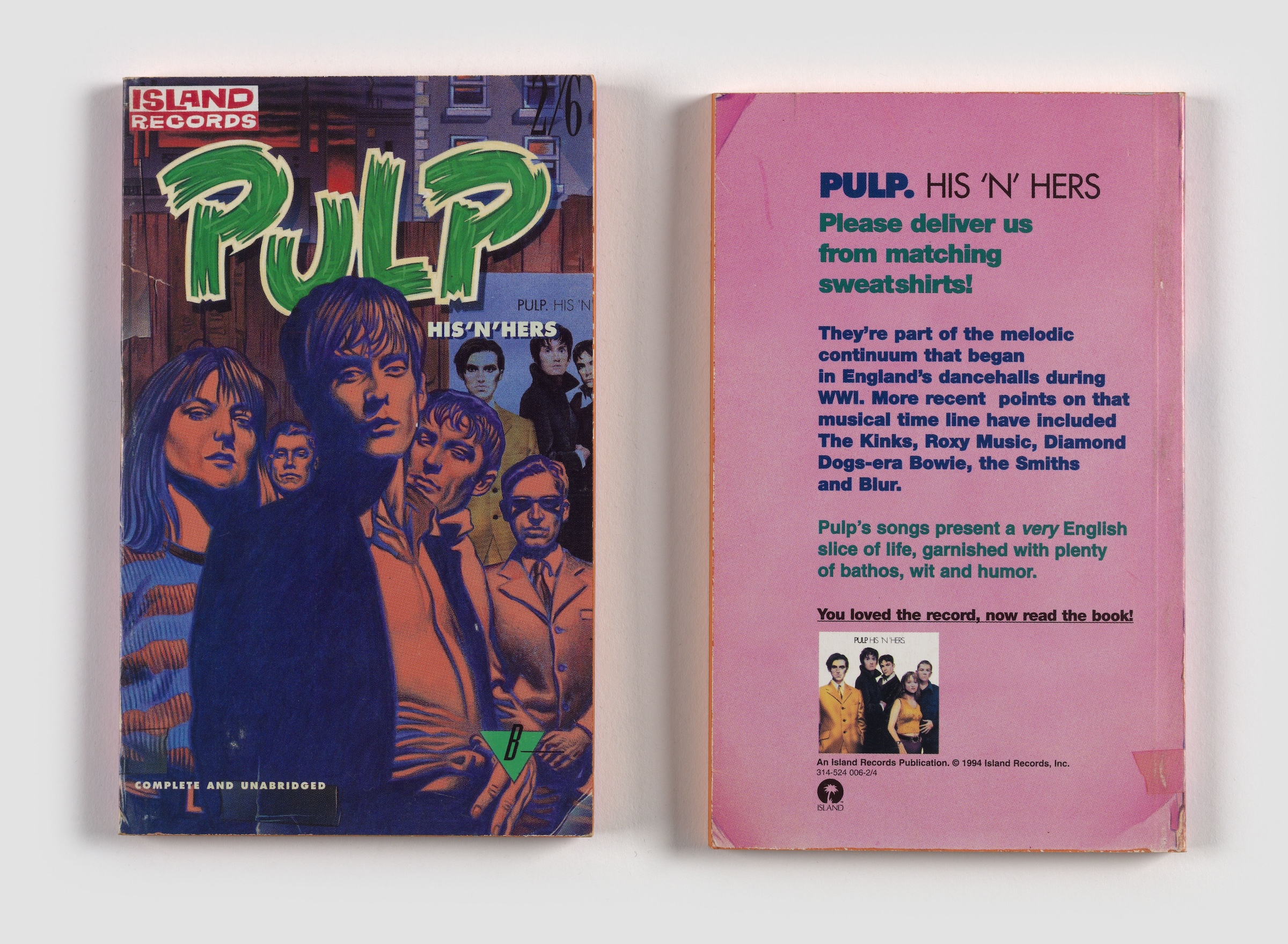
Discovering Pulp’s libidinous energy unlocked the heterosexual side of myself, even if confronted by the homophobia of school and 1990s British culture more generally. I always sung along with that line “Jesus, it must be great to be straight” with a different meaning than that with which it had been written.
Pulp’s dissection of the British libido was confrontational and explicit. The other boys at school didn’t get it at all, calling Jarvis a ‘freak’ and the band ‘shit,’ but who were they to throw insults, with their generic lad culture? Copies of Loaded magazine, Game On, Men Behaving Badly and Fantasy Football on the telly, tedious banter and boasts about what they’d done with girls at parties to which I was not invited. I never had any male friends who loved Pulp as much as I did. Back then and largely since, it was mostly women, all of whom burned a fairly intense and lustful flame for various members of the group, especially Cocker. At that age, it’s so easy to get your infatuations in the real world muddled up with feelings for the distant stars. Pulp even became the means of a hopeless attempt at flirtation at my Saturday job at Argos, where I desperately hoped to be put on shifts on the Elizabeth Duke jewellery counter with a girl who had an Italian surname and artfully smudged eyes. I made her a mixtape and invited her to a gig I was organising at a local rugby club, only for her to disappear out onto the pitch with one of the popular boys from school, her silver dress floating ghostly above him in the headlights of parental cars. Now my narrative is starting to sound like a bad attempt at writing a Pulp song of my own, but that’s why we fell in love with them – these songs of lust and failure were about our lives.
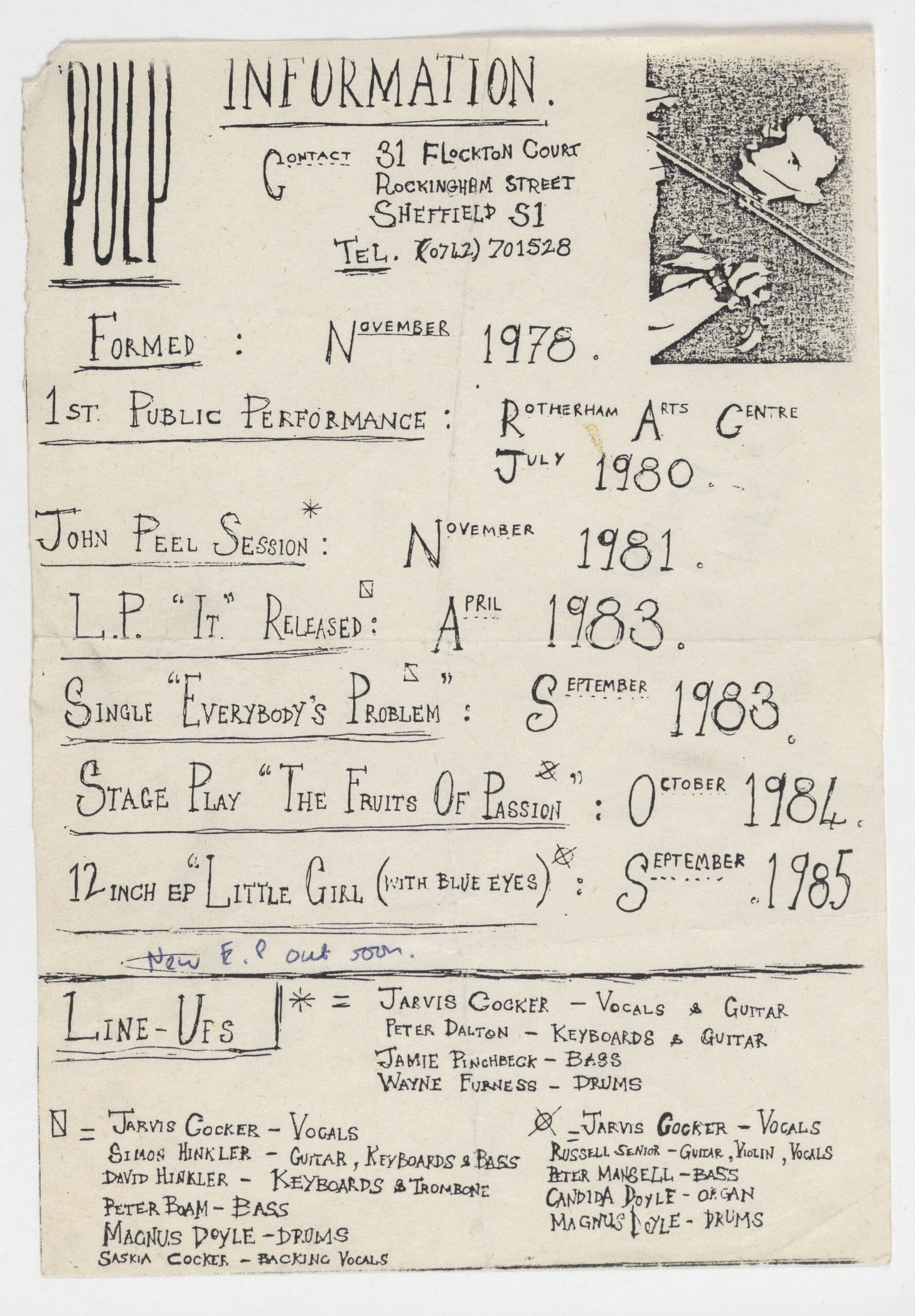
“Do you remember the first time?” the lyrics asked, but not many of us were yet at the point where we could sing the reply “I can’t remember a worst time.” The moment of fumbling awkwardness was still in the future, part of the adult world of unfortunate sex that was laid out so invitingly before us. The masculinity in Pulp countered the then dominant cult of the lad, but it wasn’t a faux- sensitive and wheedling pretence to be ‘one of the nice guys’ where sentiment is never backed up by action, the sort of behaviour that has lately acquired the soubriquet ‘beta male misogyny.’ Instead, it was unflinching and honest: the bitterness and anger that comes with sex was always present, but the power went in all directions – the stories in Pulp songs were from voyeur and exhibitionist, top and bottom, both subject and object of lust and desire. There was an acceptance that sex wasn’t going to be perfect, but a promise that it could be fascinating, complicated, funny and sometimes transcendent even in its seedy banality.
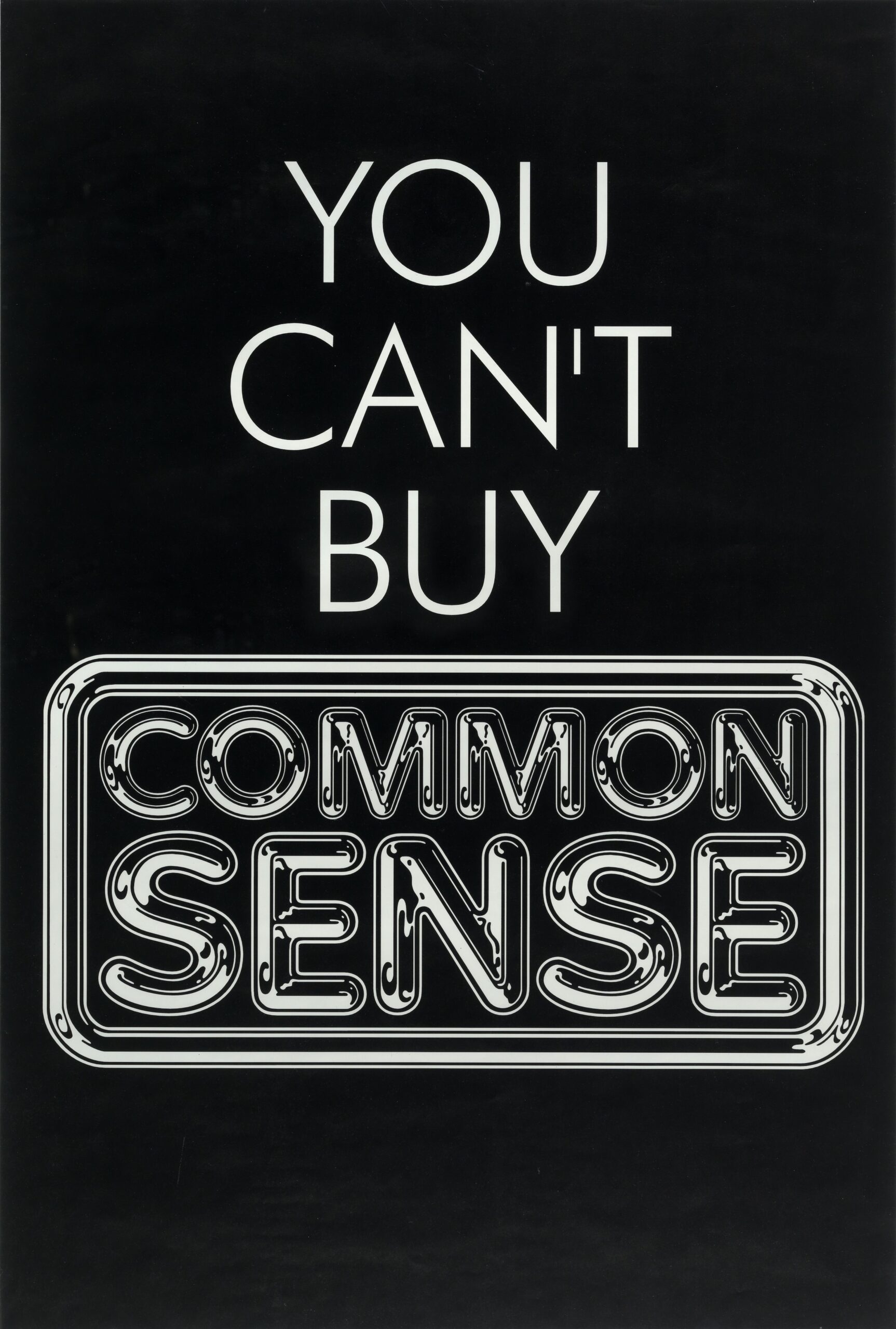
There’s often a sense, when looking at press cuttings of the day, that all this shagging meant that the media never really took Pulp quite as seriously as those of us who truly loved them did, writing about the band as if they were a Carry On film in pop form. Even in 2022, when reviewing Jarvis Cocker’s Good Pop, Bad Pop, the New Statesman claimed that during the 1990s, he “was the face of ironic detachment.” This came as a surprise to me, for whom there was nothing ironic whatsoever about Pulp. They understood the words of Oscar Wilde, that “everything in the world is about sex except sex. Sex is about power.” Pulp knew how the teenage frustrations that we were fast outgrowing also applied to the unfriendly world outside. There was nothing ironic about how they gave so many of us so much to live by.
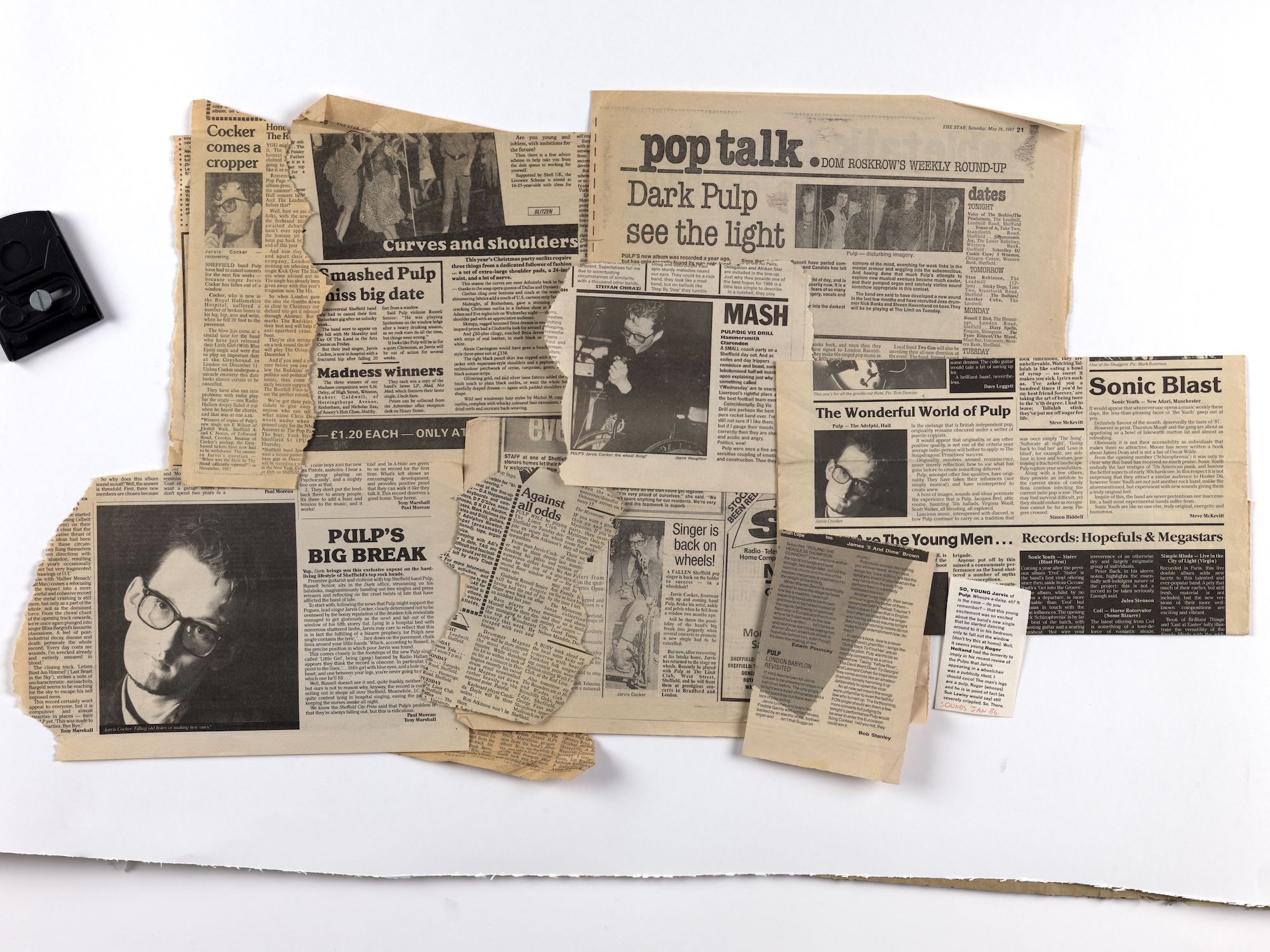
Common People was all over the radio that spring. It was the soundtrack to not-really-revising for my GCSEs, to my first kiss with a girl, to that heady maelstrom of excitement, arrogance and terror that is being 16 years old. On May 22nd I went straight from school to buy the CD single the day it came out. Took it home, ripped off the cellophane, and put it on repeat for weeks. I loved the cover photo of the band in the sort of café I dreamed of haunting one day, if I could ever get out of the dull town I lived in and make it to the city. Left to right, Nick, Candida, Jarvis, Steve, Russell – five very different people who didn’t fit in, except with each other. It looked like a friendship to aspire to, a unit against the world and, given that Mark had just joined after years as a huge fan himself, it seemed not that remote from us either. Four lines of text on the back confirmed my infatuation: “There is a war in progress – Don’t be a casual(ty). The time to decide whose side you’re on is here. Choose wisely. Stay alive in ’95.” I loved that almost as much as the song, read it over and over and took it as a mantra. It didn’t feel like snobbery, back then, to be disdainful of the blokes in Ben Shermans who made Friday night pub trips more like running the gauntlet for me and my long-haired, ear-pierced, ladies- blouse-wearing friends. It felt glorious that a band who were all over the radio were sticking up for me, saying that actually I was right, that it was okay to defy mass culture, to not turn the other cheek only for it to be smashed into pissy town centre pavements at closing time.
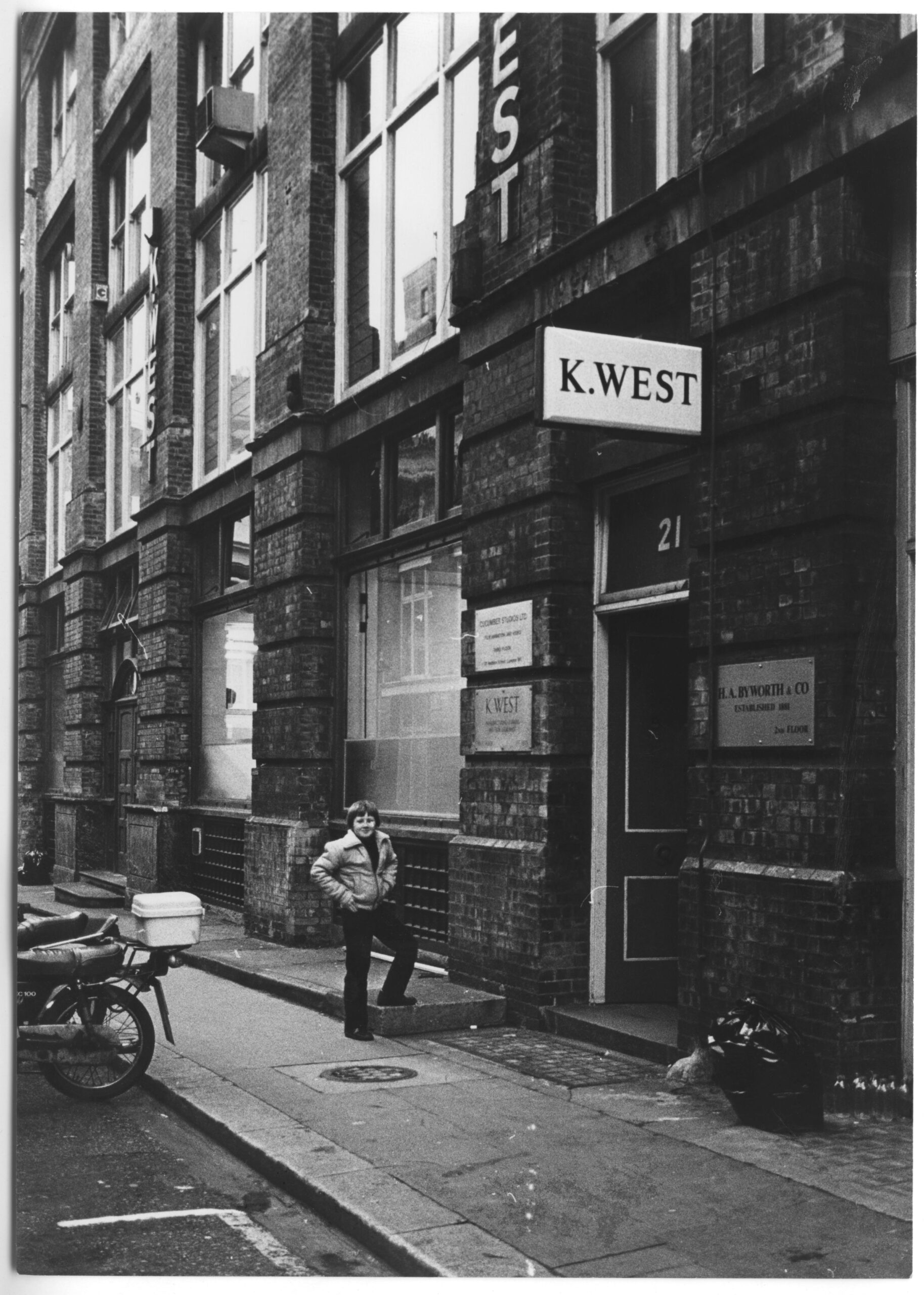
It happened again with the next single a few months later. The tabloids might have fumed over the drug wrap pattern on the sleeve of Sorted For E’s & Wizz, but it was the text on Mis-Shapes that I read over and over: “We shall fight them in The Beaches – and The Stag and The King’s Head if it comes to that. You know the score – ten blokes with ’taches in short-sleeved shirts telling you that you’re the weirdo. Fear not brothers and sisters – we shall prevail. Live on.” The ten blokes might not have had moustaches, but they were familiar to us nonetheless, and Pulp gave us the psychic armour to withstand them. There was a lot of angry music available to teenagers at the time, from metal to skate punk and rap, but none of it really channelled that rage like Pulp did in a way that was familiar to our daily lives. From the “Pearly king of the Isle of Dogs” who “feels up children in the bogs” in Mile End, to ham-fisted geezers down the local pubs, brandy-drinking denizens of the commuter belt and, of course, a self-entitled Greek sculpture student, Pulp’s anger was for equal opportunities, aimed across British society and class structures.
Luke Turner writes about music, sexuality, nature, gender and history, is the co-founder of music and culture magazine The Quietus and the author of Men At War and Out Of The Woods, published in the USA and Canada by Greystone Books.
Read the rest of this essay and the whole book:
Preorder in the UK.
Preorder in the US.
Sept. 25 LA book event info here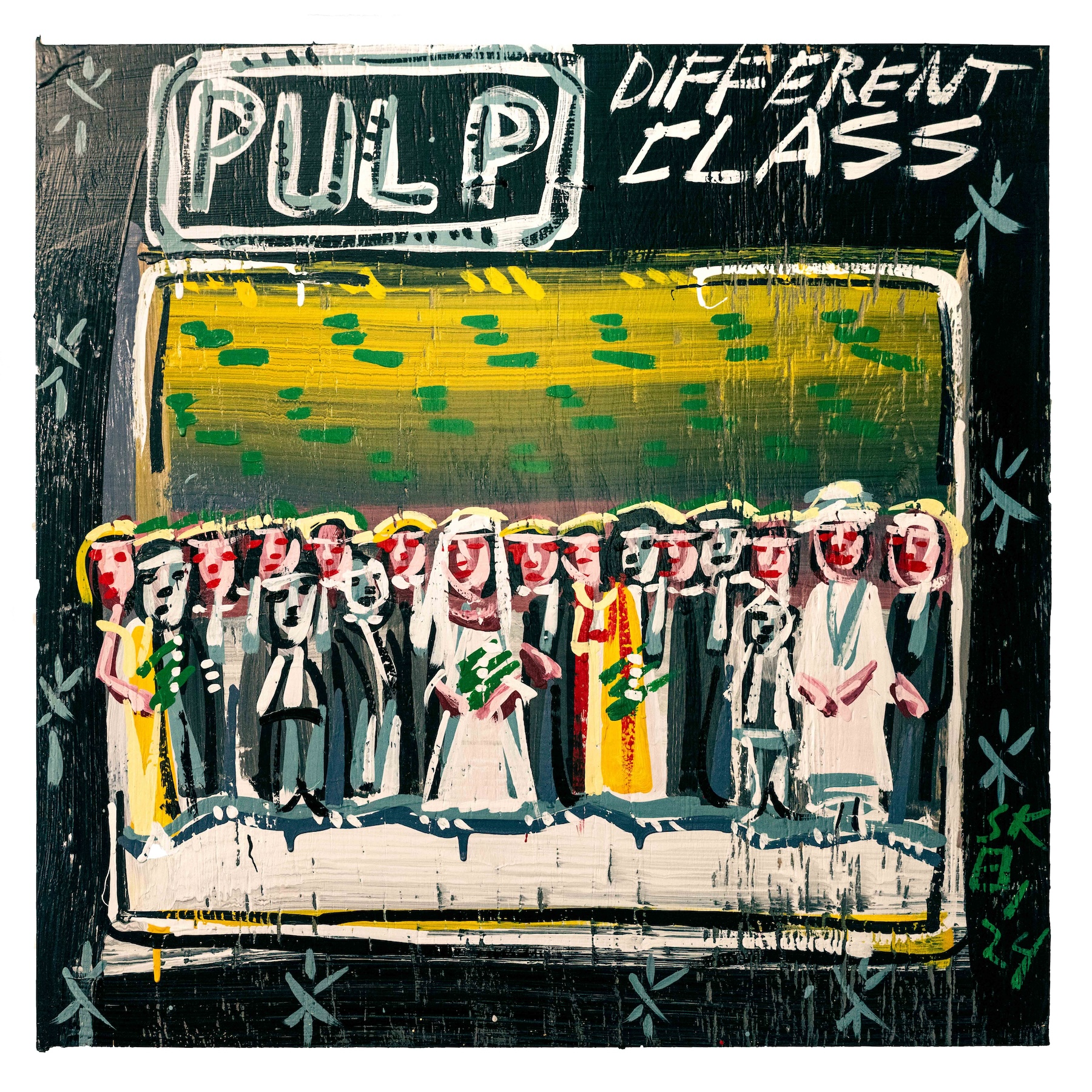
‘Different Class’ Pulp Album Art Painting by Steve Keene, Photo Credit: Daniel Efram / Not actually in the book 🙂
